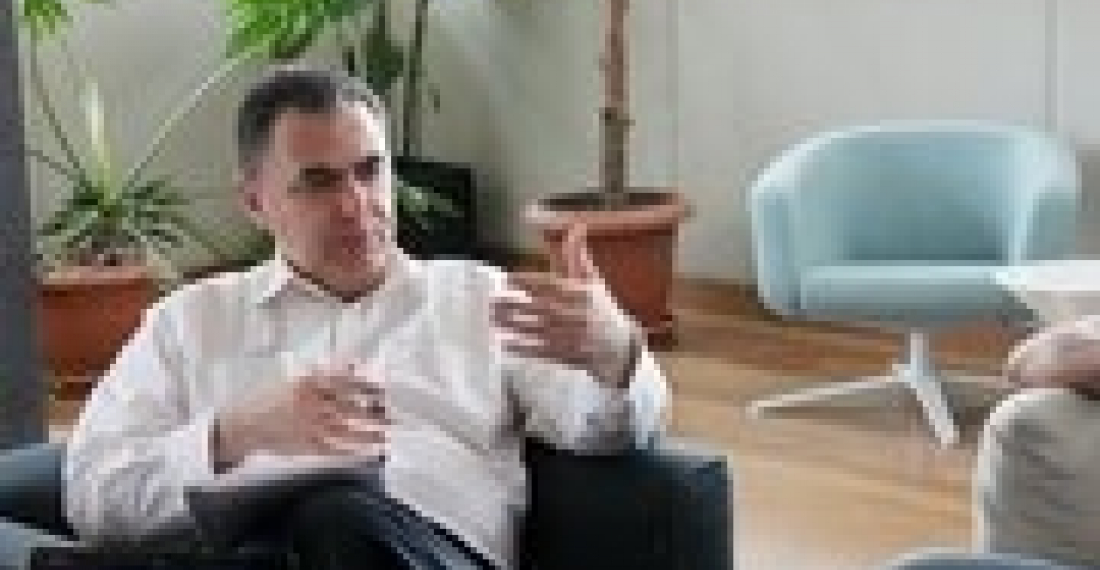We all remember the story from our history lessons. After the French revolution the French King and Queen tried to flee Paris. Their carriage was surrounded by an angry mob. The French Queen Marie Antoinette asked why the crowd was angry, and was told that the people were hungry because they had no bread. “Let them eat cake” she famously replied, highlighting how far away the French Monarchy was from the reality of its people.
One can imagine a modern day Marie Antoinette, fleeing some unspecified Middle Eastern city and asking why the crowd was angry. On being told they are angry because they want freedom of speech, one could almost hear her say, “Let them use twitter”.
The French King and Queen paid for their folly by having their heads chopped off on the guillotine. Modern day despots do not fare much better. The sight of Hosni Mubarak in a cage rattled despots far and wide.
Despotic leaders cut themselves from reality and are isolated by their retinues and servants to the point that their statements often become surreal. It happened at the time of the French revolution and it happens now.
This ability for absurd statements however is not the prerogative of dictators. At a speech on Monday analyzing the recent riots in Britain, the British Prime Minister David Cameron spoke about “… the twisting and misrepresenting of human rights in a way that has undermined personal responsibility”. He then went on to say that Britain will be using its Chairmanship of the Council of Europe to make “important operational changes to the European Human Rights Convention”.
I happen to agree with Mr Cameron that the riots were nothing more than a criminal act and there should not be attempts to justify them in any way. However a basic principle of a democratic society is that criminals have rights too. Mr Cameron’s suggestion that tampering with the European Human Rights Convention is going to solve any of the problems on the streets of Britain is just simply wrong. The Human rights convention is a beacon of liberty that has served Europe well and should not be changed on the whim of politicians reacting to an agitated public. Imagine if the presidents of Armenia and Azerbaijan had suggested that they will use their country’s chairmanship of the Council of Europe to change the Human Rights Convention what sort of outcry we would have heard.
Lessons should be learned from the dignified response of Norwegian Prime Minister, Jens Stoltenberg, and indeed the entire Norwegian nation, in the face of evil, after the recent Oslo massacres.
Leaders of countries have a big responsibility when they choose their words. They set the tone for their societies. Recently there have been sharp exchanges between the presidents of Armenia and Azerbaijan and the Turkish Prime Minister and the Armenian president. Societies in the region would have been better served if these exchanges had not taken place. There is a need for a new kind of discourse in the Caucasus region, one that values dialogue and tolerance over chauvinism and confrontation.
Dennis Sammut is the Director of LINKS. He may be contacted at dennis@links-dar.org
The speech of David Cameron is available on the prime Minister's website http://www.number10.gov.uk/news/pms-speech-on-the-fightback-after-the-riots/







